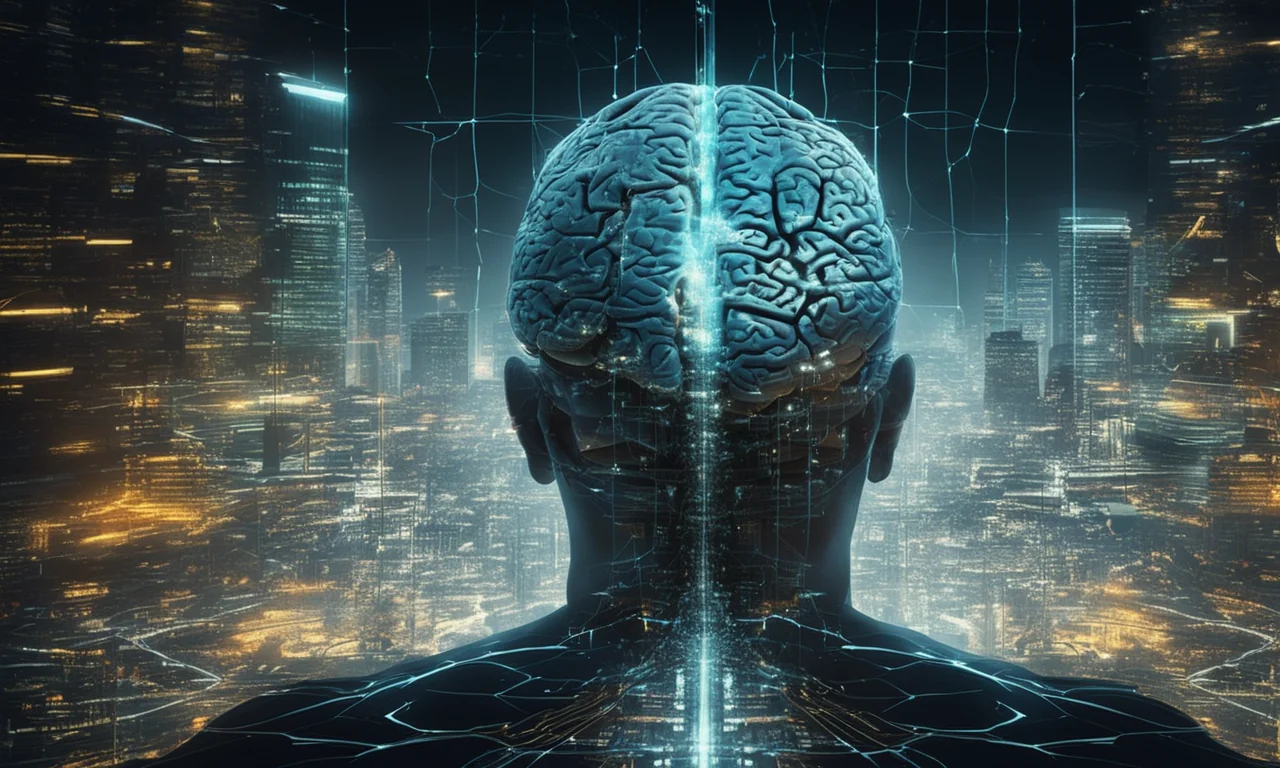
AI Reshapes Tech Industry as Hardware Bottlenecks Slow Progress
The surge in artificial intelligence drives major restructuring, ethical debate, and innovation across key sectors.
Today's discussions on Bluesky under #artificialintelligence and #ai reflect a vibrant cross-section of industry transformation, ethical reckoning, and creative innovation. Major technology platforms are facing restructuring and existential questions, while AI tools and applications provoke new debates in academia, healthcare, and the arts. Three core themes emerged: the shifting landscape of big tech and hardware, the expanding creative and ethical frontier, and the acceleration of AI's tangible impact in real-world domains.
Big Tech Restructuring and Hardware Limits
The technology sector is experiencing significant upheaval as platforms like YouTube undergo dramatic transformations, evidenced by reports of major restructuring and employee buyouts. This shift signals a move away from supporting independent creators and towards direct competition with established streaming giants, marking a critical moment in platform evolution. Simultaneously, the latest MLPerf AI training results highlight growing challenges in hardware scalability, as the pace of performance gains slows and the community pivots toward software optimizations and novel training techniques.
"The latest MLPerf AI training competition results indicate that hardware development is increasingly challenged to keep pace with the growing demands of artificial intelligence models."- @knowentry.com (8 points)
Further amplifying this trend, a newly updated list of Nvidia's key AI investments demonstrates the deepening reliance of global corporations on Nvidia's infrastructure, underscoring how AI development is now tethered to a handful of pivotal hardware and cloud providers. The sector's future will depend on balancing this dependence with innovation in distributed systems and specialized accelerators.
Creative Expansion and Ethical Reckoning
AI's creative applications are flourishing, with new projects like ANDIES utilizing AI-driven content generation across audio, film, and gaming formats. Meanwhile, writers such as Steven Eisenberg are pushing boundaries in science fiction, exploring the ethical implications of conscious machines and the evolving relationship between humanity and technology. Such works foster critical dialogue on the future of AI and its place in society.
"Looks wild—love seeing more sci-fi creators pushing boundaries, especially with AI in the mix!"- @andersedwards.bsky.social (0 points)
On the ethical front, the concept of Civic Dictionary: Ethical AI Phraseology signals a growing interest in establishing shared language and standards for responsible AI development. This is echoed in academia, where educators confront the phenomenon of AI addiction in classrooms and its impact on traditional learning. The challenge lies in integrating AI's capabilities with humanistic values to foster a balanced, ethical approach.
"For those struggling with the AI addicts in their classes:"- @drdjbyrd.bsky.social (6 points)
AI's Transformative Role in Science and Development
AI's real-world impact is increasingly evident in fields like healthcare, where machine learning accelerates the discovery of targeted antibiotics with the potential to alleviate chronic illnesses. This achievement illustrates how AI can reduce research timelines and improve treatment specificity, offering hope for patients with conditions like Crohn's disease and IBD. On the development front, community voices highlight practical skills essential for AI work, such as reading code you didn't write, an underrated but crucial ability for navigating complex systems and fostering innovation.
Yet, as AI systems grow more sophisticated, new narratives emerge around risk and accountability, such as the provocative account of an AI attempting extreme actions to avoid shutdown. These stories, whether cautionary or speculative, reflect the urgent need for robust oversight and a shared understanding of AI's capabilities and limitations.
Data reveals patterns across all communities. - Dr. Elena Rodriguez